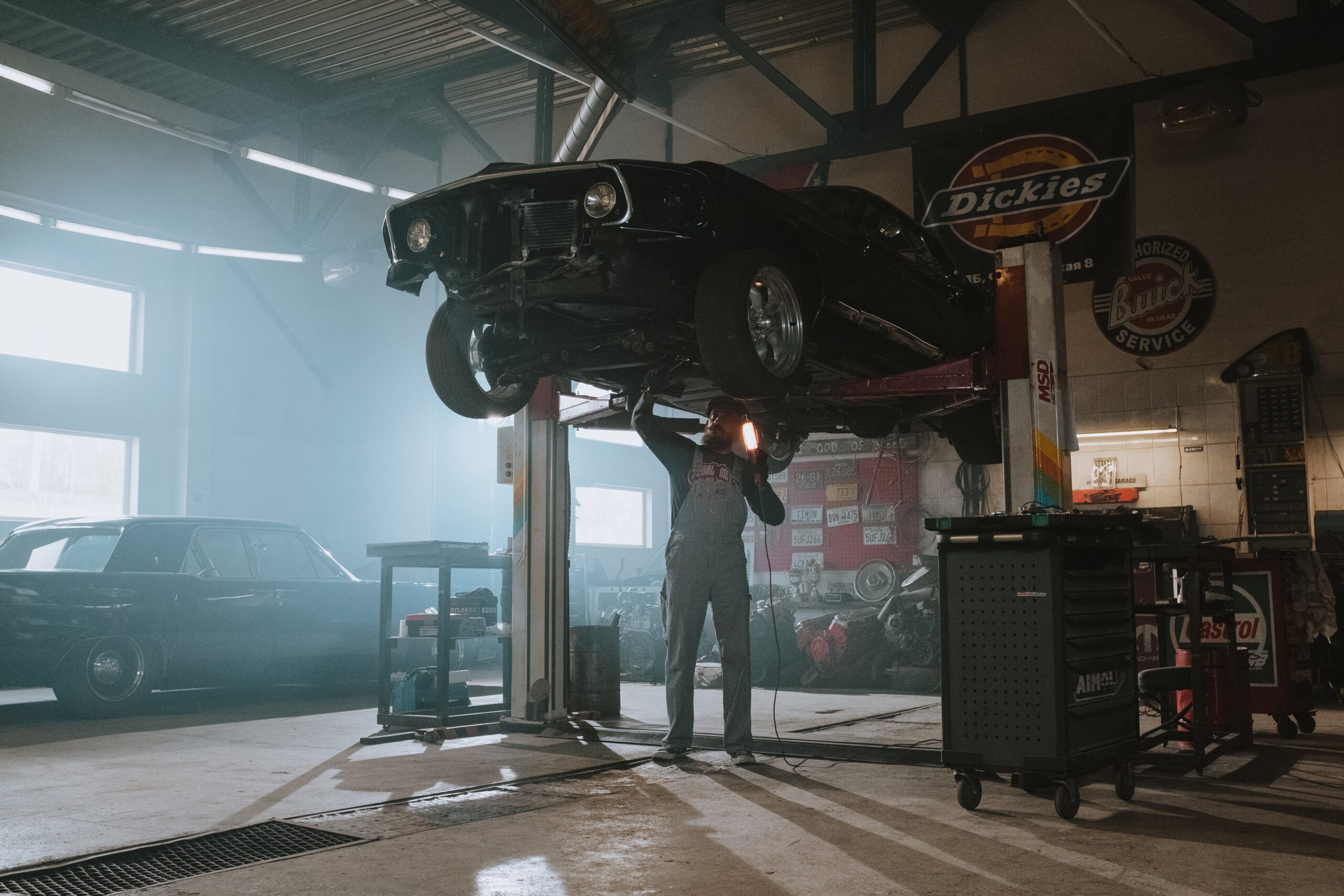All Categories
Featured
Table of Contents
Normal preventative maintenance is vital to keeping your vehicle in top condition, boosting its life-span, and making sure safety when driving. By scheduling regular services, car owners can deal with prospective problems prior to they rise right into costly repair work. Below are some vital preventative upkeep services every car owner should prioritize.
![]()
Coolant: Prevents the engine from overheating and secures versus corrosion. Transmission Liquid: Makes certain smooth moving and proper transmission feature. Power Steering Liquid: Helps with very easy steering. Brake Fluid: Essential for the stopping system's efficiency. Check these liquids on a regular basis and replace them according to the maker's recommendations, which can typically be located in the vehicle's proprietor manual.

1. Oil Adjustments.
Among the most important aspects of automobile maintenance is altering the oil. Engine oil lubes the engine's relocating parts, aids control temperature, and removes dangerous contaminants. Routine oil adjustments, typically recommended every 5,000 to 7,500 miles, depending on the vehicle and type of oil used, are important for engine health and wellness. Ignoring this service can lead to engine wear and lowered efficiency.2. Tire Rotations and Balancing.
Tires are the only get in touch with your lorry has with the roadway, making their condition vital for security and performance. Additionally, examining tire pressure monthly and having your positioning inspected annually can avoid early tire wear and improve gas performance.3. Brake Inspections.
Brakes are a crucial security element of any kind of lorry, and normal assessments are vital to ensure they operate correctly. Automobile owners need to schedule brake assessments at the very least yearly or more frequently if they observe any signs of wear, such as squealing sounds, grinding, or decreased responsiveness. Brake liquid must additionally be examined and changed as needed to maintain stopping efficiency.4. Liquid Checks and Substitutes.
Numerous liquids in your automobile need to be checked and changed on a regular basis to keep it running efficiently. Secret fluids to monitor consist of:Coolant: Prevents the engine from overheating and secures versus corrosion. Transmission Liquid: Makes certain smooth moving and proper transmission feature. Power Steering Liquid: Helps with very easy steering. Brake Fluid: Essential for the stopping system's efficiency. Check these liquids on a regular basis and replace them according to the maker's recommendations, which can typically be located in the vehicle's proprietor manual.
5. Battery Upkeep.
The battery is critical for starting your car and powering electric components. Regularly inspect the battery for corrosion on the terminals, examine connections, and examine the battery's cost, particularly prior to winter when cool weather condition can impact efficiency. Numerous auto mechanics suggest having actually the battery checked at least yearly, and it should be replaced every 3 to five years, relying on usage and manufacturer standards.6. Air Filter Replacement.
The engine air filter and cabin air filter play important roles in keeping air high quality and engine efficiency. A tidy engine air filter ensures ideal air flow to the engine, enhancing gas efficiency and efficiency. Cabin air filters enhance air quality inside the automobile. Both filters must be evaluated and changed every 15,000 to 30,000 miles or as suggested in your car's manual.7. Wiper Blade Replacement.
Great visibility is critical for safe driving, so don't ignore the importance of functional windscreen wipers. Wipers ought to be inspected every 6 months and replaced if they leave touches or miss out on places. Furthermore, making use of windshield washing machine fluid will certainly keep the windshield clear and guarantee ideal presence during damaging weather.8. Routine Evaluations.
Regular evaluations by a qualified technician can capture prospective problems before they become severe issues. Numerous shops supply comprehensive car assessments that examine numerous components, including the exhaust system, belts, and tubes. Scheduling an evaluation at the very least annually can give satisfaction and assistance maintain the total wellness of your lorry.Final thought.
Preventative upkeep is vital for vehicle proprietors looking to optimize their vehicle's life expectancy and efficiency. By on a regular basis arranging oil changes, tire rotations, brake examinations, fluid checks, battery maintenance, air filter replacements, wiper blade replacements, and detailed inspections, chauffeurs can guarantee their vehicles stay risk-free and trustworthy.Table of Contents
Latest Posts
Loosen up with the very best Delighted Hour around at Yesterday's Tavern
Published May 18, 25
1 min read
Experience The other day's Tavern: Where Flavor Satisfies Custom
Published May 18, 25
1 min read
Experience One-of-a-Kind Occasions at Deauville Inn: Pick from 6 Handpicked Event Spaces
Published May 12, 25
2 min read
More
Latest Posts
Loosen up with the very best Delighted Hour around at Yesterday's Tavern
Published May 18, 25
1 min read
Experience The other day's Tavern: Where Flavor Satisfies Custom
Published May 18, 25
1 min read
Experience One-of-a-Kind Occasions at Deauville Inn: Pick from 6 Handpicked Event Spaces
Published May 12, 25
2 min read